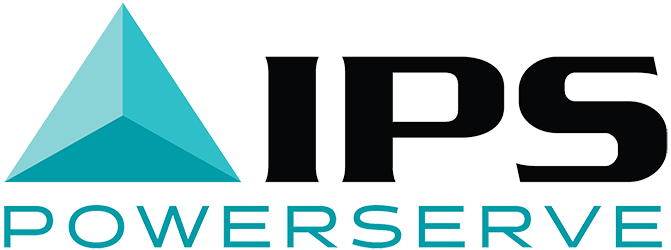START-UP AND COMMISSIONING
IPS PowerServe offers independent, third-party power system start-up and commissioning services – as well as electrical systems maintenance for your new construction project. We can help your project during the planning and commissioning stages by testing grounding systems, relays and cables.
IPS PowerServe also provides NETA accredited acceptance testing to improve a power plant’s quality assurance.
Acceptance Testing
Acceptance testing is critical for the reliability, safety and up time of your new facility or equipment. It validates equipment quality and effectiveness while also providing a baseline for trending and comparing data gathered during future maintenance and testing. All acceptance testing is performed in accordance with the latest NETA ATS Standard.
Other Start-Up and Commissioning Testing
IPS PowerServe can ensure the proper installation and management of your power systems’ equipment, including:
- Vacuum breaker replacement
- Grounding systems
- Cable testing and termination
- Relay testing
It’s vital for the success of any construction project that the commissioning services be conducted by an impartial third party. Learn more about third-party commissioning services.
Contact IPS PowerServe to learn more.




